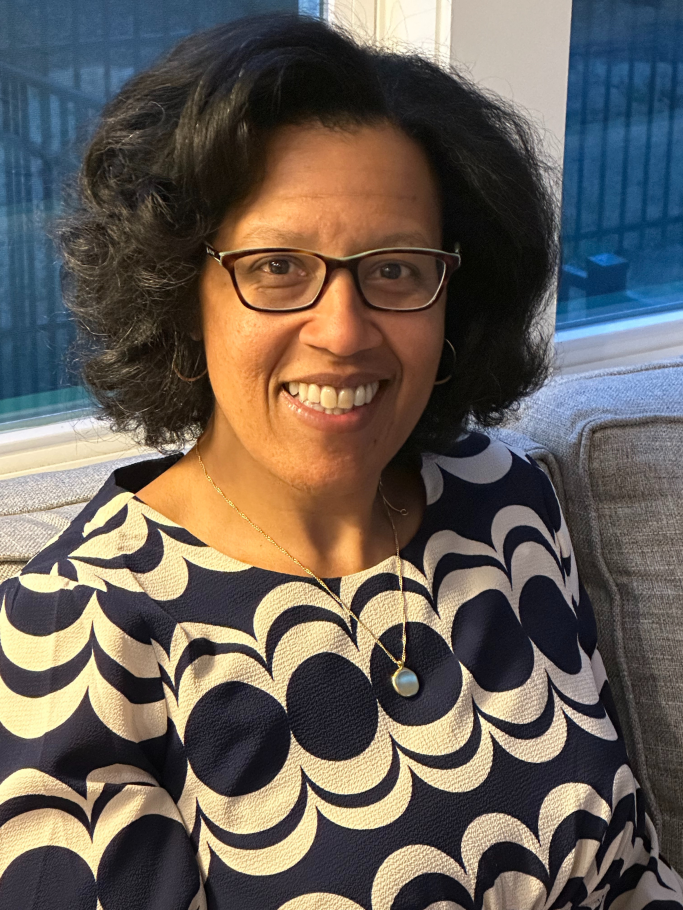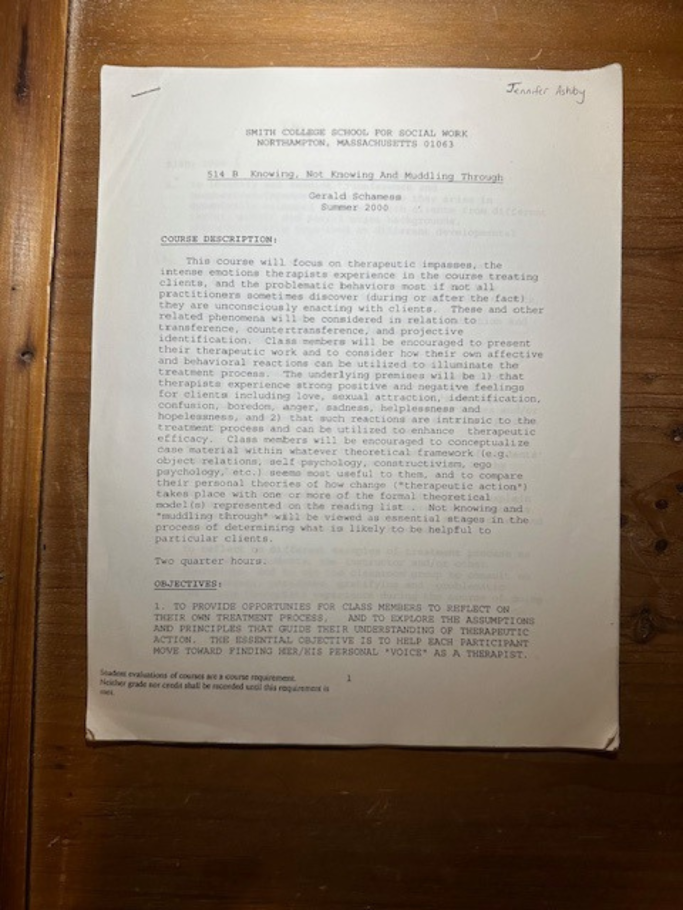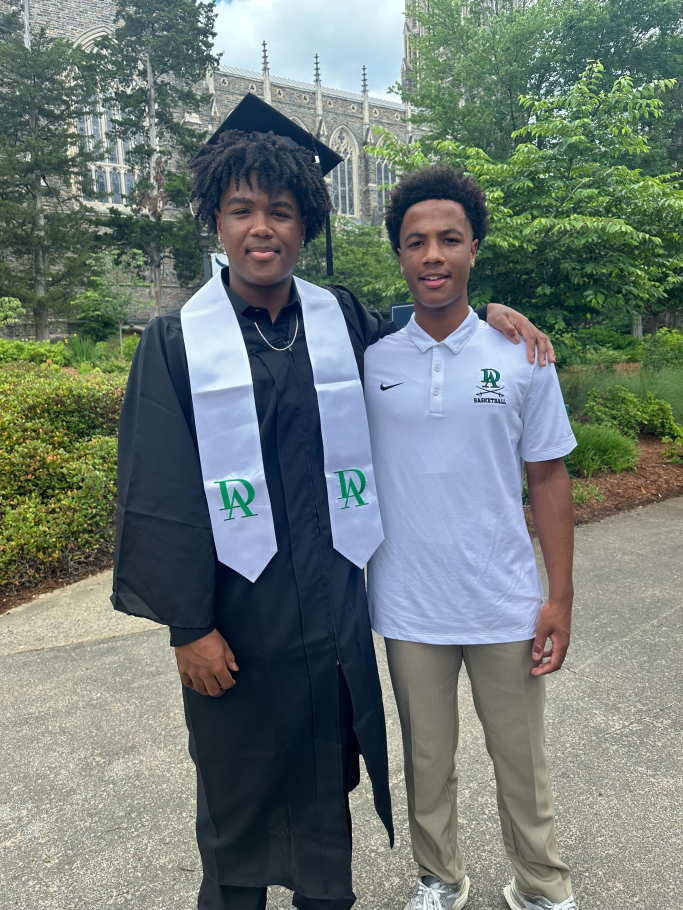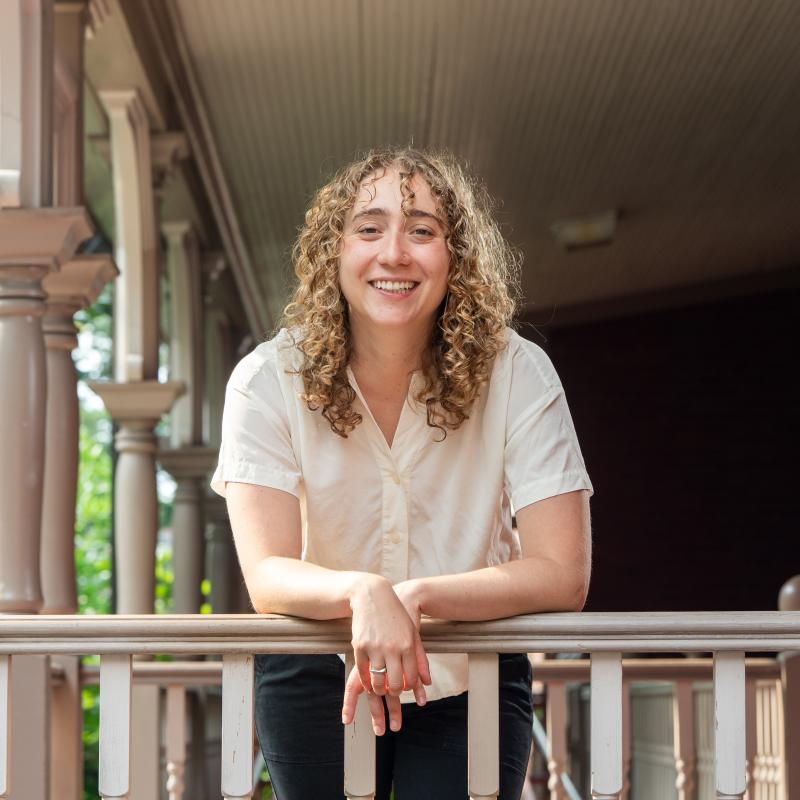Ph.D. candidate Jennifer Ashby Bullock, M.S.W. ’00, treasured her experience attending the M.S.W. program, so choosing SSW a second time to pursue a low-residency Ph.D. in clinical social work was easy.
A therapist at a university counseling center, Bullock said that her M.S.W. and her social work experience had prepared her well for that role, but she realized that a Ph.D. would be necessary for advancing within the university.
Smith’s emphasis on psychodynamic theory and practice was a big part of what brought her back to Smith. The low-residency program allowed her to stay at the job she loves with only minimal disruption to her home life and kids.

“A Ph.D. is the currency that is most highly valued and rewarded [on a university campus]. If I wanted to seize those opportunities, I need[ed] to pursue a Ph.D.”
This realization led Bullock to begin exploring programs and to eventually choose SSW a second time.
Smith’s emphasis on psychodynamic theory and practice, which Bullock considers to be increasingly rare, was a big part of what brought her back to Smith. Smith’s low-residency program allowed her to stay at the job she loves with only minimal disruption to her home life and kids.

“I wanted to deepen and enhance my knowledge of [psychodynamic] theories and their utilization. This is a body of knowledge and an approach to clinical work that I consider to be the gold standard.”
Bullock’s doctoral research is divided into two areas: the unconscious, bidirectional influence between Black therapists and their white clients and the impact of diet on mental health.
“My comprehensive exam explored the inevitable and unconscious reciprocal influence between black therapists and their white clients,” said Bullock. It was published in the journal Psychoanalytic Social Work.
Bullock plans to focus her dissertation on the relationship between ketogenic diets and mental health.

Balancing theory and practice in doctoral work is important, and Bullock is a member of AAPCSW (American Association for Psychoanalysis in Clinical Social Work). She attended the AAPCSW conference for the first time this year, where she presented Race and Psychoanalysts: Enactments on the AAPCSW Listserv. She also attended the APsA (American Psychoanalytic Association) conference for the first time, and she ran into quite a few SSW alumni at both conferences.
“There is an inevitable interweaving of theory and practice at psychoanalytic conferences. I wish psychoanalytic conferences were promoted more in our program.”

In looking back on her experience at SSW, Bullock said, “I have always appreciated the courses and instructors that were able to apply the psychodynamic theories which serve as the foundation of the SSW curriculum to diverse populations and clients with clinical presentations that fall outside of the classical psychoanalytic literature.”
Bullock recounts that her “brilliant and beloved” professor emeritus, Gerald (Gerry) Schamess made a big impact on her through her favorite class, Knowing, Not Knowing and Muddling Through. Even though she took that course as an M.S.W. student in the summer of 2000, she still has the syllabus.
Managing life as a Ph.D. student can be challenging, and Bullock has found that running is helpful to her mental health. When she’s on campus, she runs a loop that goes past Paradise Pond and through the woods. She has also created writing groups with other students in the program to help her stay connected to the program and to carve out time for writing, research, and assignments.

“The life of a Ph.D. student can be very isolating, especially when you are not living in the same community as your school or fellow students. Writing groups helped me feel less lonely and provided an opportunity to be in the (virtual) company of others who understood my struggle.”
Bullock offers a final piece of advice to anyone considering a Ph.D. in social work:
“Keep your eyes on the prize. Ask for help and support when you need it. Treat yourself to a good therapist. Remember, ‘You can do hard things,’” Bullock says, quoting Glennon Doyle.


